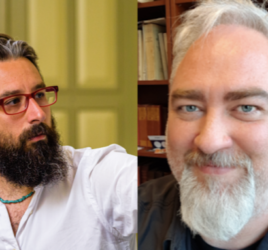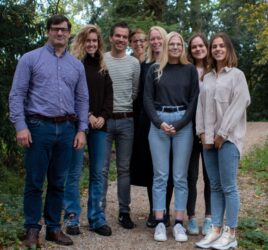Mindwise is six years old this month! We are happy to be growing everything, all thanks to the people who contribute to this project, through their writing, creative input, or readership. We are grateful to everyone for the success of this page and we’re celebrating the best work that was published in 2019.
Choose the best post, enter to win a book!
We have shortlisted our favourite posts from 2019 and now ask you, the readers, to decide which one wins the Award for Best Mindwise Post for 2019! Of course, we wouldn’t leave you without some prizes too:
Three lucky voters will win a book, sent wherever you are in the world.
So, pick your favourite article from our selection below and leave your email address if you want to win some Mindwise goodies! Voting closes on March 29th 2020 (midnight NL time). We will announce the winning post during the 2020 Heymans Symposium, on April 1st 2020 and, of course, on social media.
The nominees, in no particular order, are (drumroll, please…):
- Diagnosis Psychosis by Urte Patricia Wetwitschka
- Should the cars of the future be psychopaths? by Maximilian Koprolin
- Collective protest in the eyes of the advantaged… a tricky issue by Catia Teixeira
- What can three skulls tell us about psychology? By Stefanie Enriquez-Geppert
- Notes on synchrony: when science and art collide by Valeria Cernei
- An ant trail to climate change reduction by Vladimir Bojarskich
- How to become a “total genius” by Lieke Voncken
- Childhood maltreatment: Does the story of abuse end in childhood? By Fatemeh Fereidooni
- Reflections of an open science convert 1: Why I changed my research practices By Ineke Wessel
The Competition Is Now Closed
Contest Rules:
- One vote per person, maximum. Multiple votes will be disqualified.
- Voting closes at midnight of March 29th, 2020 (Netherlands local time).
- The 2019 Mindwise Award will go to the entry (blogpost) with the most votes.
- Three voters will be selected at random to win the book prize. They will be contacted by email.
- The books for the voter prizes will be chosen by the Mindwise editorial board and can be picked up by the winners at the Heymans building or mailed to the winners.




